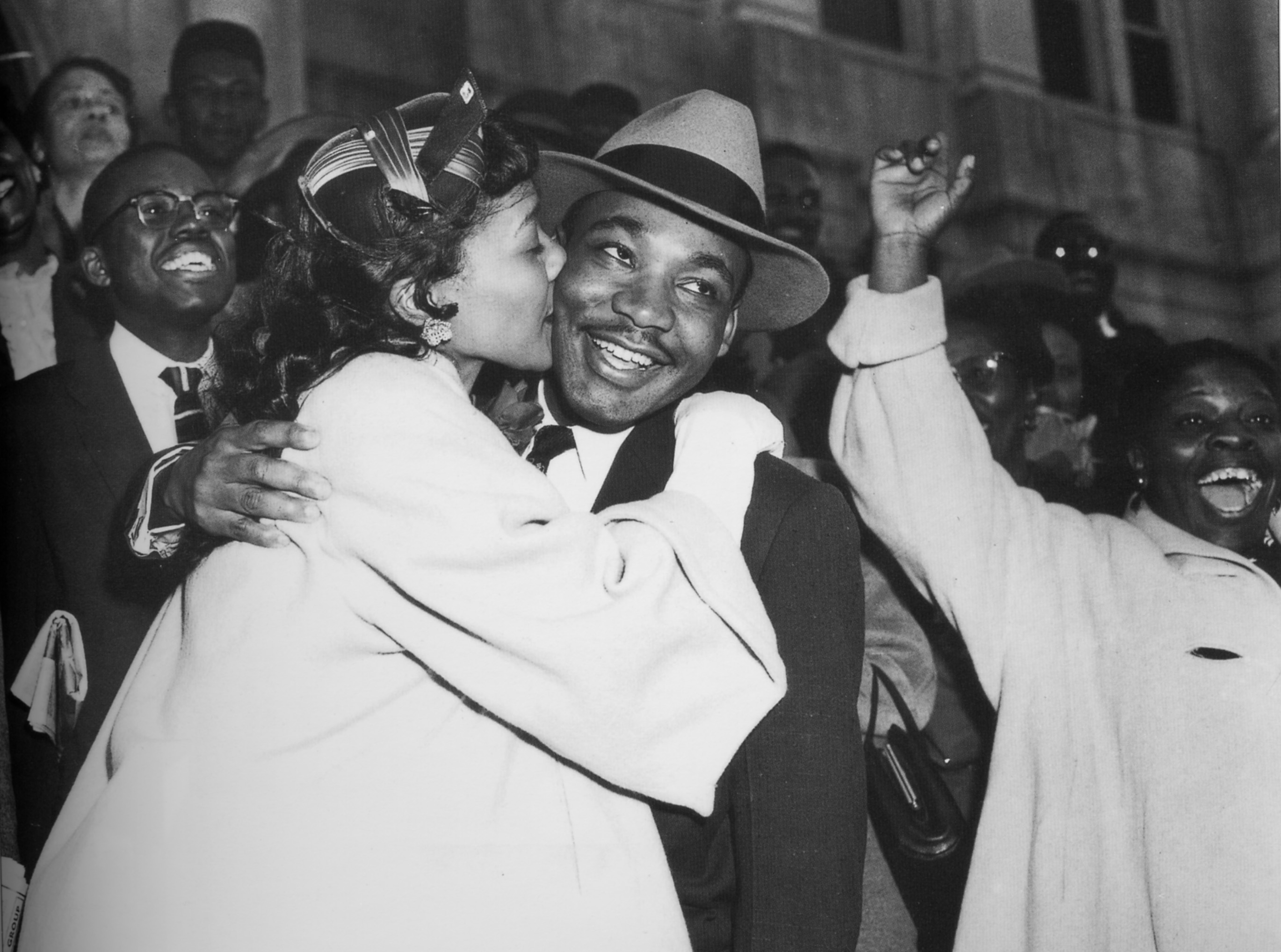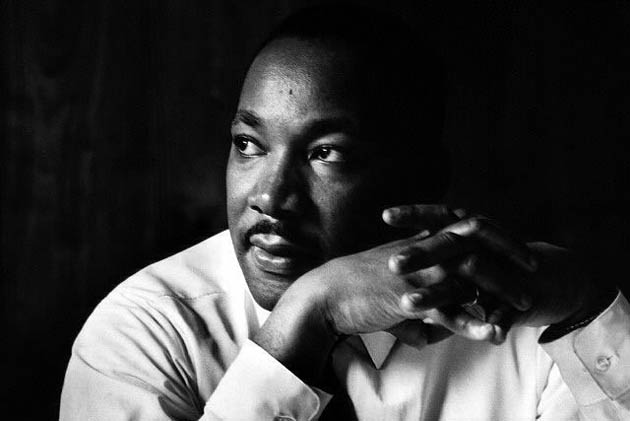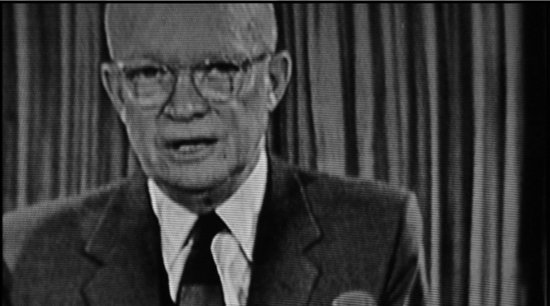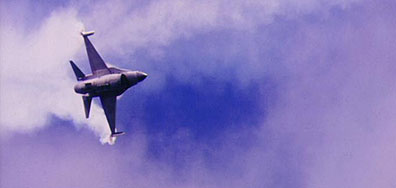“It was the sound of wonder and foreboding. Nothing would ever be quite the same again — in geopolitics, in science and technology, in everyday life and the capacity of the human species.” On the eve of its fiftieth anniversary (Oct. 4), the NYT remembers the Sputnik launch. “It was an unprepossessing agent of alarm. A simple sphere weighing just 184 pounds and not quite two feet wide, it had a highly polished surface of aluminum, the better to reflect sunlight and be visible from Earth…The Russians clearly intended Sputnik as a ringing statement of their technological prowess and its military implications. But even they, it seems, had not foreseen the frenzied response their success provoked.”
Tag: Truman to Eisenhower
Steel yourself, America.
In a document dump of both exhilarating and terrifying proportions, the CIA announced it will release its “family jewels” next week: close to 700 pages of documents chronicling secret Agency activity from the fifties to the seventies. (A preview of what’s to come includes reports of detentions, wiretapping, surveillance, and other sordid current administration favorites.) “CIA Director Michael Hayden on Thursday called the documents being released next week unflattering, but he added that ‘it is CIA’s history.’ ‘The documents provide a glimpse of a very different time and a very different agency,’ Hayden told a conference of historians.” Hmm, we’ll see.
Karl’s Truman Show.
The wheels may have come off the Bush bandwagon several months ago, but that’s not stopping Karl Rove from trying to finesse Dubya’s place in the history books. And, like his boss, Karl seems to be attempting the Truman route: “In the West Wing interview, Rove adopted a longer view, citing the policy of containment of the Soviet Union, adopted by Truman in the 1940s and then embraced by a succession of presidents despite initial misgivings, as reason to believe history may offer a kinder assessment of the durability of Bush policies and institutional changes.” Hmm. When it comes to the war on terror, somehow I doubt dropping the ball in Afghanistan to prosecute a badly-bungled war of choice in Iraq is going to look any better to future generations. Just a hunch.
MLK 2K7.

“When our days become dreary with low-hovering clouds of despair, and when our nights become darker than a thousand midnights, let us remember that there is a creative force in this universe, working to pull down the gigantic mountains of evil, a power that is able to make a way out of no way and transform dark yesterdays into bright tomorrows. Let us realize the arc of the moral universe is long but it bends toward justice.”
— Martin Luther King (1929-1968)
Give ’em Hell Dubya?
The buck stops here? Not hardly. Grasping for historical validation wherever he can find it, Dubya has apparently begun to fancy himself a modern-day Truman. “James G. Hershberg, a Cold War historian at George Washington University, said he doubts that history will judge Bush as kindly as it has Truman, saying Truman’s roles in fostering European recovery and building the NATO alliance were seen as solid accomplishments at the time. ‘Bush, by contrast, lacks any successes of comparable magnitude to compensate for his mismanagement of the Iraq war and will be hard-pressed to produce any in his last two years’.”
A Kingly Tribute.
“This sweltering summer of the Negro’s legitimate discontent will not pass until there is an invigorating autumn of freedom and equality. Nineteen sixty-three is not an end, but a beginning.” Ground is broken on the new MLK memorial, to be “built along the edge of the Tidal Basin, midway between monuments to Thomas Jefferson and Abraham Lincoln. It will be the first on the Mall honoring an African American and the first that does not memorialize a president or a war hero.” Great! As I’ve said before in this space, I’m all in favor of adding more historically-themed monuments to the Mall, and a tribute to Dr. King seems a particularly worthy addition to our nation’s central gathering place.
Truman/False?
“The idea that Truman and Dean Acheson could be hauled out as exhibits for preventive war in Iraq against ‘abject pacifists’ such as myself made me feel that I was living in Oceania, and the Ministry of Peace had rewritten the textbooks to prove that the legacy of a president who rejected preventive war in fact constituted the best justification for it!” By way of my friend Mark, Peter Beinart and Michael Tomasky go toe-to-toe over the legacy of ’48 at Slate‘s Book Club. I’m inclined to agree with the latter.
Whitewash at the Archives.
“The stuff they pulled should never have been removed…Some of it is mundane, and some of it is outright ridiculous.” As recently uncovered by intelligence historian Matthew Aid, the National Archives has been re-classifying thousands of once publicly available documents at the behest of unknown (re: still-classified) government agencies since 1999. “While some of the choices made by the security reviewers at the archives are baffling, others seem guided by an old bureaucratic reflex: to cover up embarrassments, even if they occurred a half-century ago. One reclassified document in Mr. Aid’s files, for instance, gives the C.I.A.’s assessment on Oct. 12, 1950, that Chinese intervention in the Korean War was ‘not probable in 1950.’ Just two weeks later, on Oct. 27, some 300,000 Chinese troops crossed into Korea.” Aid posted his account of the sordid tale today at the National Security Archive.
Fight Club.
“In the councils of government, we must guard against the acquisition of unwarranted influence, whether sought or unsought, by the military-industrial complex. The potential for the disastrous rise of misplaced power exists and will persist. We must never let the weight of this combination endanger our liberties or democratic processes.” That flaming liberal Dwight Eisenhower’s somber farewell address to the nation is the historical and thematic anchor for Eugene Jarecki’s documentary Why We Fight, a sobering disquisition on American militarism and foreign policy since 9/11. In essence, Why We Fight is the movie Fahrenheit 9/11 should have been. Like F911, this film preaches to the choir, but it also makes a more substantive critique of Dubya diplomacy and the 9/11-Iraq switcheroo, with much less of the grandstanding that marred Moore’s earlier documentary (and drove right-wing audiences berzerk.)
Sadly, the basic tale here is all-too-familiar by now. Ensconced in Dubya’s administration from the word go, the right-wing think-tank crowd (Wolfowitz, Perle, Kristol, etc.) used the tragedy of 9/11 as a pretext to enact all their neocon fantasies (spelled out in this 2000 Project for a New American Century report), beginning in Iraq. Taken into consideration with Cheney the Military-Contractor-in-Chief doling out fat deals to his Halliburton-KBR cronies from the Vice-President’s office, and members of Congress meekly signing off on every military funding bill that comes down the pike (partly because, as the film points out, weapons systems such as the B-1 or F-22 have a part built in every state), it seems uncomfortably clear that President Eisenhower’s grim vision has come to pass.
To help him rake this muck, Jarecki shrewdly gives face-time not only to learned critics of recent foreign-policy — CIA vet Chalmers Johnson, Gore Vidal (looking unwell) — but also to the neocons themselves. Richard Perle is here, saying (as always) insufferably self-serving things, and Bill Kristol glows like a kid in a candy store when he gets to talk up his role in fostering Dubya diplomacy. (Karen Kwiatkowski, a career military woman who watched the neocon coup unfold within the corridors of the Pentagon, also delivers some keen insights.) And, when discussing the corruption that festers in the heart of our Capitol, Jarecki brings out not only Charles Lewis of the Center for Public Integrity but that flickering mirage of independent-minded Republicanism, John McCain. (In fact, Jarecki encapsulates the frustrating problem with McCain in one small moment: Right after admitting to the camera that Cheney’s no-bid KBR deals “look bad”, the Senator happens to get a call from the Vice-President. In his speak-of-the-devil grimace of bemused worry, you can see him mentally falling into line behind the administration, as always.)
To be sure, Why We Fight has some problems. There’s a central tension in the film between the argument that Team Dubya is a corrupt administration of historical proportions and the notion that every president since Kennedy has been party to an increasingly corrupt system, and it’s never really resolved satisfactorily here. Jarecki wants you to think that this documentary is about the rise of the Imperial Presidency across five decades, but, some lip service to Tonkin notwithstanding, the argument here is grounded almost totally in the Age of Dubya. (I don’t think it’s a bad thing, necessarily, but it is the case.) And, sometimes the critique seems a little scattershot — Jarecki seems to fault the Pentagon both for KBR’s no-bid contracts and, when we see Lockheed and McDonnell-Douglas salesmen going head-to-head, for bidding on contracts. (Still, his larger point is valid — As Chalmers Johnson puts it, “When war becomes that profitable, you’re going to see more of it.“)
Also, the film loses focus at times and meanders along tangents — such as the remembrances of two Stealth Fighter pilots on the First Shot Fired in the Iraq war, or the glum story of an army recruit in Manhattan looking to turn his life around. This latter tale, along with the story of Wilton Sekzer, a retired Vietnam Vet and NYPD sergeant who lost his son on 9/11 and wants somebody to pay, are handled with more grace and less showmanship than similar vignettes in Michael Moore’s film, but they’re in the same ballpark. (As an aside, I was also somewhat irked by shots of NASA thrown in with the many images of missile tests and ordnance factories. Ok, both involve rockets, research, and billions of dollars, but space exploration and war are different enough goals that such a comparison merits more unpacking.)
Nevertheless, Why We Fight is well worth-seeing, and hopefully, this film will make it out to the multiplexes. If nothing else, it’ll do this country good to ponder anew both a president’s warning about the “disastrous rise of misplaced power,” and a vice-president’s assurance that we’ll be “greeted as liberators.”
MLK 2K6.

“Returning violence for violence multiplies violence, adding deeper darkness to a night already devoid of stars. Darkness cannot drive out darkness: only light can do that. Hate cannot drive out hate: only love can do that.“
– Dr. Martin Luther King (1929-1968)



